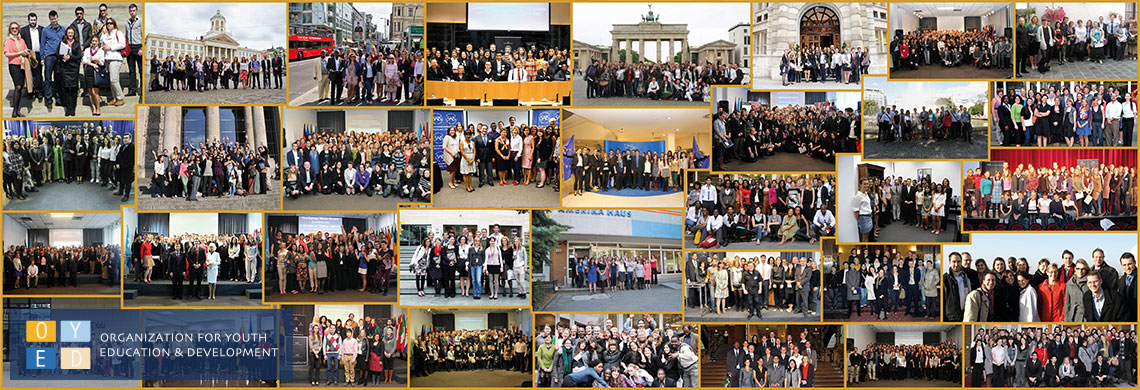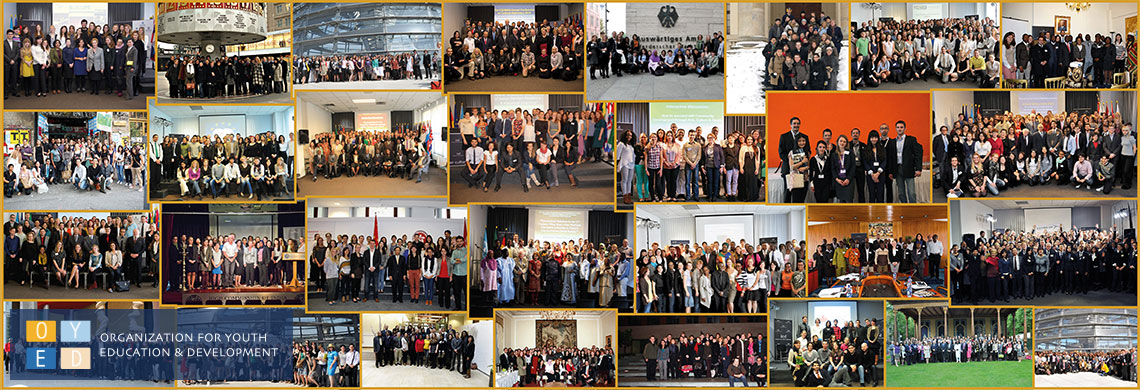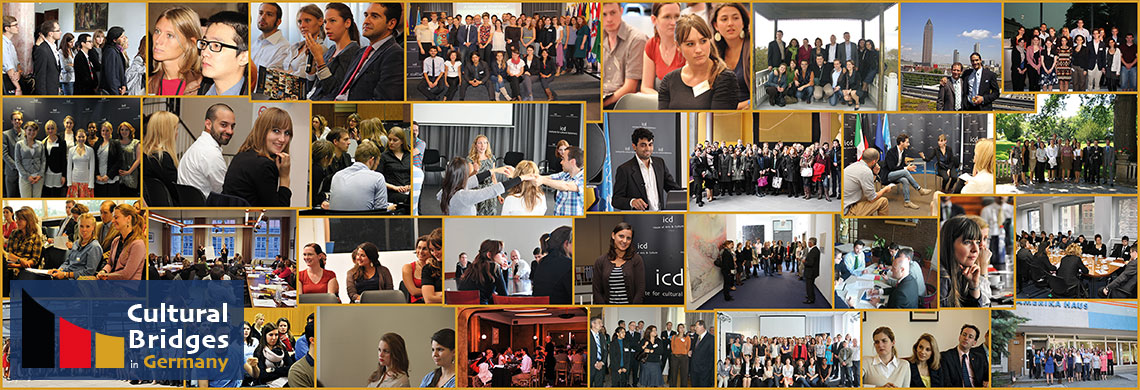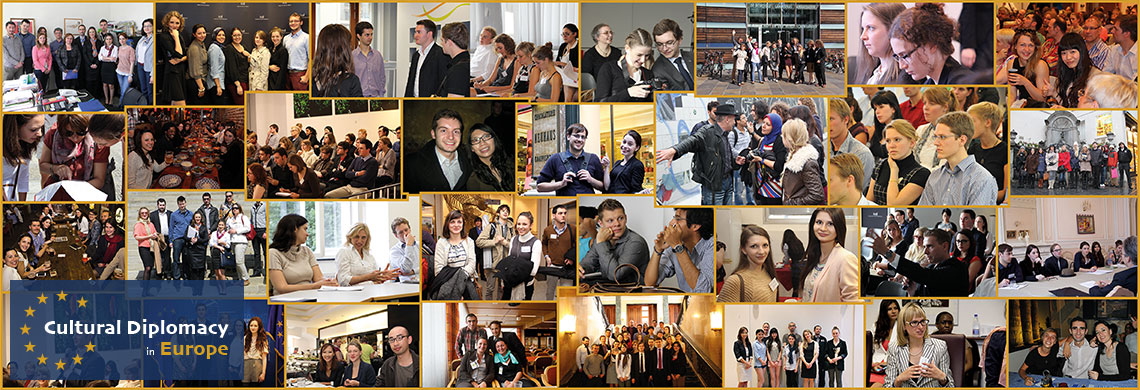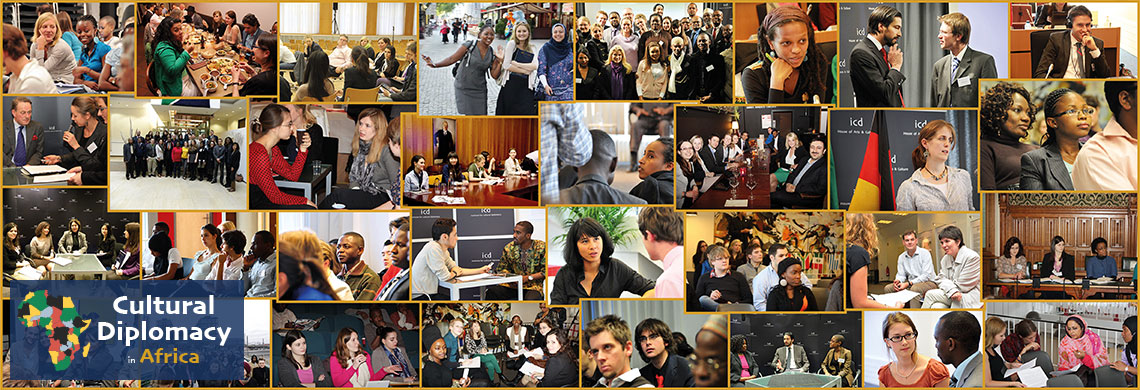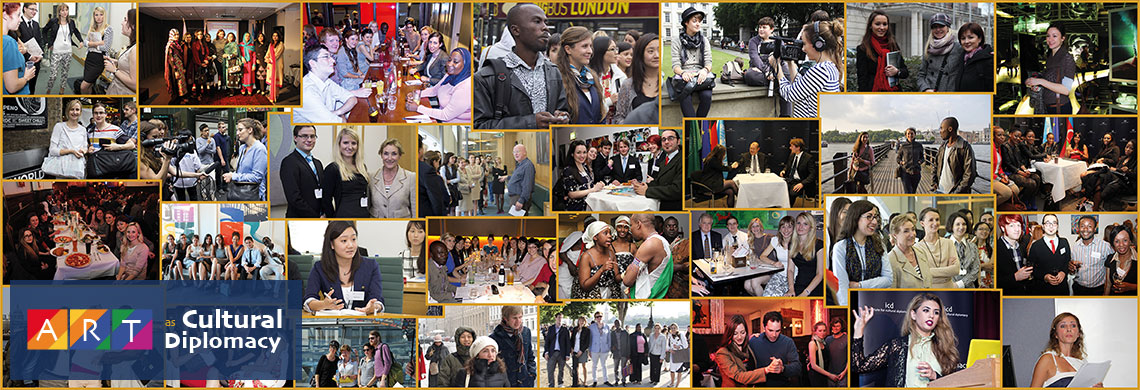Organization for Youth Education & Development (OYED)
List of Youth Programs in EU Member State
List of Youth Programs in EU Member State
Introduction
The Organization for Youth Education and Development (OYED) is an establishment that seeks to promote the interests of young people on a European level. In order to support this youth agenda the OYED is proposing a common EU policy relating to young people, comprised of 10 points. This proposal addresses some of the most pressing challenges faced by young people in the European Union today.The OYED believes it to be a gross injustice that the opportunities and level of social inclusion that a young individual can expect is dependent on which country they inhabit. There is a clear imbalance within the European Union, which if left unchecked will perpetuate the current trend and threaten European cohesiveness. This proposal seeks to lift the cap on aspiration on a European level.
This memorandum therefore exists to reinforce this common EU policy proposal as it contains extensive research regarding governmentally funded youth programs and initiatives in every EU member state. The broad scope of this research highlights loopholes in existing policies in one or multiple member states, aiding EU legislators to tailor a more effective approach. Over the course of this research three overarching issues have arisen which must be addressed: social mobility, opportunities for young people, especially linking education to work and entrepreneurship and innovation, and political engagement.
Portugal
| Program name: Portuguese: NGO Programme English: NGO Programme Website: http://www.ngonorway.org/about/news/item/389-new-impetus-to-promote-youth-employability-and-inclusion-in-portugal Established Year: 2014 The NGO Programme in Portugal is to operate amidst the serious financial, economic and social crisis. Two opposing dynamics arose in recent years: on the one hand, greater social needs; on the other, a reduction in social benefits. These latter benefits have been the State's responsibility until now, threatening the Welfare State and instigating debate about the need for repositioning the role of the state. Against this backdrop, organisations within civil society have increasingly been called upon not only to cooperate with the state to meet social needs but also to question the way they themselves are organised. They work in the field in order to maximise human, technical and financial resources and guarantee high quality, efficient intervention. In addition, organisations and society in general are being asked to respond creatively to the crisis through greater involvement and accountability in the design and implementation of new initiatives and solutions. In agreement with the Portuguese government, a recent budget increase by the donor countries - Norway, Iceland and Liechtenstein -will benefit Young people who are unemployed, out of school or at risk. The areas in which the Portuguese NGO Programme is involved are as follows: -NGO participation and the implementation of a public policy design and instruments at the local, regional and national levels to increase the involvement of NGOs in political processes and decision-making -Human rights, minorities and areas relating to anti-discrimination in order to promote issues of the defence of democratic values which primarily include gender violence, intercultural dialogue and the fight against discrimination -NGO action and the strengthening of its effectiveness, particularly through training, organisational innovation and management, and the training of leaders, staff and volunteers -Supporting youth employability and inclusion for projects directed exclusively or mainly at young people under the age of 30 who are either unemployed, out of school or at risk |
| Program name: Portuguese: Programa Escolhas English: Choices Program Website: http://www.juventude.gov.pt/Emprego/ProgramaEscolhas/Paginas/Programa_Escolhas.aspx Established year: 2010 This programme is for people who lack the necessary opportunities for employment and therefore must relocate in order to pursue them. In particular, it is directed at families with socio-economic difficulties; it aims to provide them the same possibilities as others without by focusing on employability, inclusion, citizenship, in addition to promoting the rights of migrants and minorites. |
| Program name: Portuguese: Programa Impulso Jovem English: Young Momentum Program Website: http://www.cedefop.europa.eu/EN/articles/21259.aspx Established year: 2012 This programme, created by Council of Ministers Resolution 51-A/2012, 14 July, 2012, is financially supported by the European Social Fund. It is targeted at long-term unemployed people aged 18-30 and comprises three strands: internships in firms with the purpose of providing work experience and training for young people aged 18-25 who have been unemployed for at least four months, and young people aged 25-30 who have been unemployed for at least four months after receiving a level 2-7 qualification less than three years prior. Support for enterprises to contract job-seekers aged 18-30, who have been unemployed for at least 12 months, are offered in the form of temporary cuts in employers’ social contributions. There is support for the promotion of entrepreneurship among unemployed university graduates to help develop quality projects. Additionally, there is support for economic development and closer cooperation with enterprises, through the financing of firms to create jobs for young workers. |
| Program name: Portuguese: Programa Jovens Criadores English:Young Artists Program Website: http://juventude.gov.pt/cultura/programajovenscriadores/sobreoprograma/paginas/programajovenscriadores.aspx Established year: 1987 This programme aims to help young people in broadcasting their art work. With this programme, young people can showcase their work in areas such as graphic design, photography, jewellery, fashion, music and video. Supported by the Portuguese government, is is for young people up to the age of 30 and is completely free of charge. |

